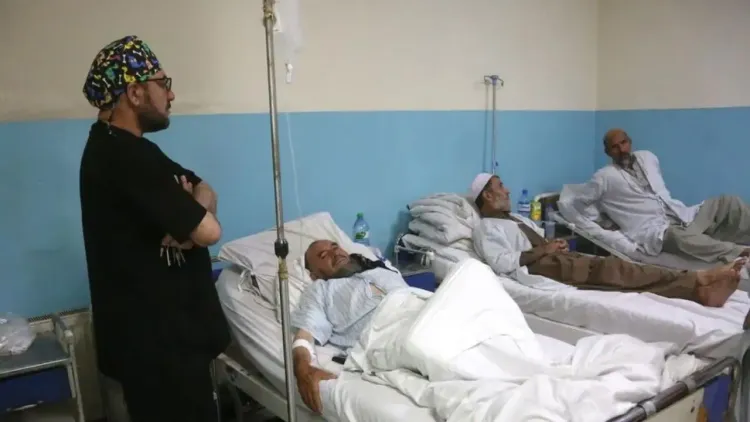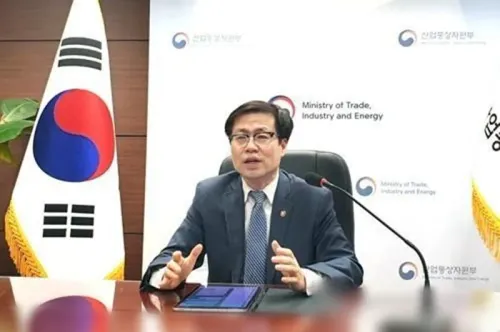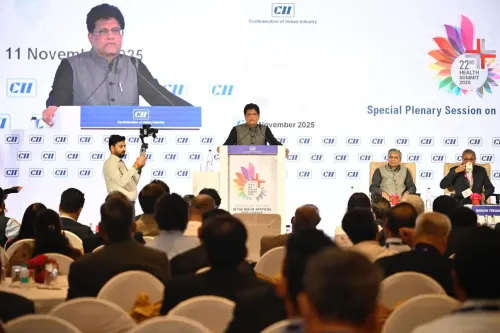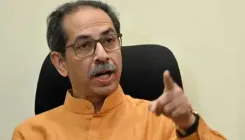WHO Emphasizes Community-Centric Approach in NTD Fight Amid Climate Challenges

Synopsis
Key Takeaways
- Focus on affected communities.
- Address climate change impacts.
- World NTD Day theme: Unite. Act. Eliminate.
- Over 1.5 billion people affected by NTDs.
- Integrate One Health approach for resilience.
New Delhi, Jan 29 (NationPress) The battle against Neglected Tropical Diseases (NTDs) needs to focus on the communities most affected and the impacts of climate change, emphasized Saima Wazed, Regional Director for World Health Organization (NationPress) South-East Asia on Wednesday, just before the observance of World NTD Day.
World Neglected Tropical Diseases Day is celebrated annually on January 30, with this year’s theme being “Unite. Act. Eliminate.”
“Unite. Act. Eliminate. These three phrases represent our collective determination to tackle NTDs, a challenge that affects over 1.5 billion individuals globally, primarily among the most at-risk populations,” stated Wazed.
The World Neglected Tropical Diseases Day in 2025 serves as a platform to reaffirm our dedication to a healthier, more just future. We must come together to advocate for change, take action to implement effective interventions, and eradicate the burden of NTDs in our region and beyond,” she added.
Neglected tropical diseases (NTDs) encompass a wide range of conditions caused by various pathogens (including viruses, bacteria, parasites, fungi, and toxins) and are linked to severe health, social, and economic repercussions.
The term ‘neglected’ signifies their near absence from the global health agenda and their association with stigma and social exclusion.
“In the South-East Asia Region, 16 NTDs persist, with at least one disease found in each of the 11 Member States,” noted Wazed, while acknowledging that notable advances have been achieved in eliminating NTDs over the past decade.
Highlighting the progress, she stated that seven Member States have successfully eradicated at least one neglected tropical disease. In 2023 alone, over 860 million individuals benefited from mass drug administration (MDA) and targeted initiatives. MDA is a strategy whereby all individuals in a locality receive treatment, regardless of their disease status.
The Regional Director pointed out obstacles such as insufficient health system capacity, funding shortfalls, inequities in healthcare access, social determinants of health, a lack of tools and innovation, geopolitical instability, and climate change. These challenges “continue to impede progress, leaving 833 million individuals in the region still requiring NTD interventions,” Wazed remarked.
She called for empowering those affected by NTDs to ensure that systemic inequalities are addressed and that no one is neglected.
“Our campaign against NTDs must prioritize empowering impacted communities and adapting to the challenges posed by climate change,” Wazed asserted, advocating for person-centered strategies and community leadership.
She also recommended the integration of the One Health approach to bolster resilience against the escalating effects of climate change on vector-borne diseases.









